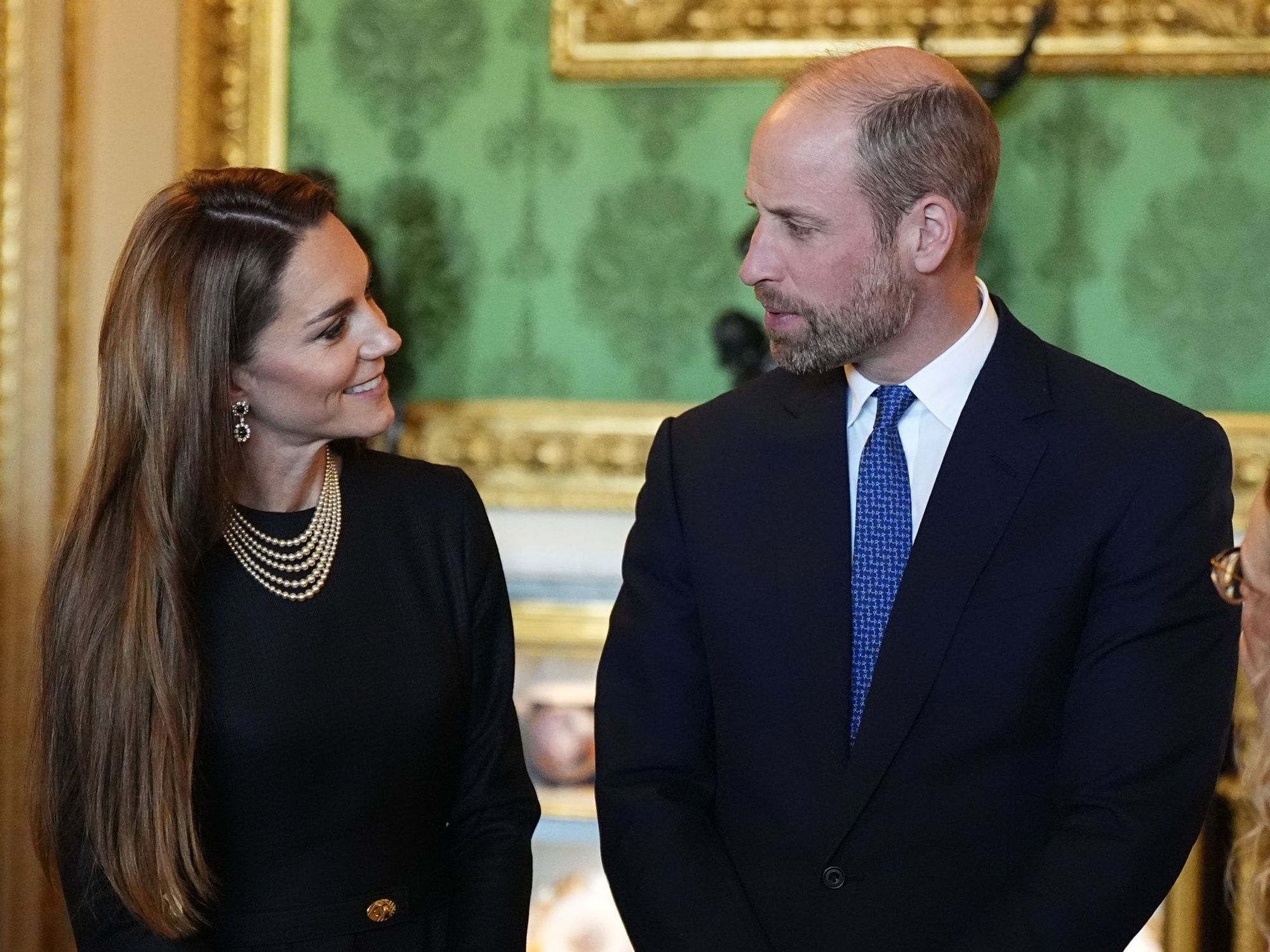Judging the Judge: Palestine row has made us all question the independence of the judiciary - ANALYSIS

A judge, who allowed a trio charged with terror offences to walk free, had recently liked a social media post branding Israel a 'terrorist' and calling for a 'free Palestine' | Getty/ X

By Tom Fredericks
Published: 15/02/2024
- 15:42Updated: 16/02/2024
- 07:35Tom Fredericks delivers his analysis of the row surrounding magistrate Tanweer Ikram
Don't Miss
Most Read
Tanweer Ikram is in a tricky position.
In 2017 he was appointed Deputy Senior District Judge. That makes him the second most senior Magistrate in England and Wales.
Ikram oversees cases at Westminster Magistrates Court in London. In some of those, he simply passes the case into the hands of the Crown Court for trial.
However, where a defendant has been charged with a lesser offence, he can hear the case without a jury and decide on a verdict and pass sentence. That can be a sentence of up to six months in prison.
Ikram's use of social media appears to be limited to a LinkedIn account which he has now deleted. He has historically used the account to promote some of his work as he is active within the Judiciary. However, it's not possible to see how many LinkedIn posts he has 'liked' over that period.
What's clear is that he appears to have 'liked' a highly controversial post by a barrister who has previously promoted conspiracy theories claiming Israel allowed the October 7th Hamas terror attack.
In a statement issued by the Judicial Office press office, Ikram said: “I didn’t know that I’d liked that post. If I did then it was a genuine mistake.”
Many social media users doubt that you can 'like' a post by mistake.
The Judicial Office has said it won't be investigating the matter further.
The main problem lies with the fact that earlier this week, Ikram convicted three women of "displaying an article to arouse reasonable suspicion that they were supporters of a banned organisation".
They had pinned images of paragliders to their backs at a demonstration seven days after Hamas terrorists had used that method of transport to attack Israel and murder over a thousand people.
In his Judgement, Ikram said he found no evidence that the defendants were seeking to show support for the banned group. He said he had “decided not to punish” the defendants and gave each one a 12-month conditional discharge.
So is this a conflict of interests?
The Campaign Against Antisemitism says it has made a complaint to Judicial Conduct Investigations Office because Ikram's "social media activity suggests....there may be grounds to set aside his ruling...on the basis of actual or apparent bias".
And the rules for judges around social media are clear. They can be probed by the Investigations Office for "misusing social media, for example posting offensive content, or content which could damage public confidence in judicial impartiality".
In guidance documents, judges are also advised to "be aware that you can convey information about yourself and your views by … liking posts".
Downing Street says it has referred the original court case to the Attorney General, describing the sentencing decision as 'deeply troubling'.
Although the Government's action has no direct relevance to Tanweer Ikram's apparent social media gaffe, he's not out of the woods yet.
Some legal commentators have described his actions as "daft" and "career-limiting".
Whether he meant to 'like' the controversial post or not, this saga has thrown the independence of the Judiciary into question.
Judges are expected to abide by the core principle of impartiality. Some are wondering whether a senior judge who is meant to oversee a court case impartially may, in fact, have personal views which make that impossible.










